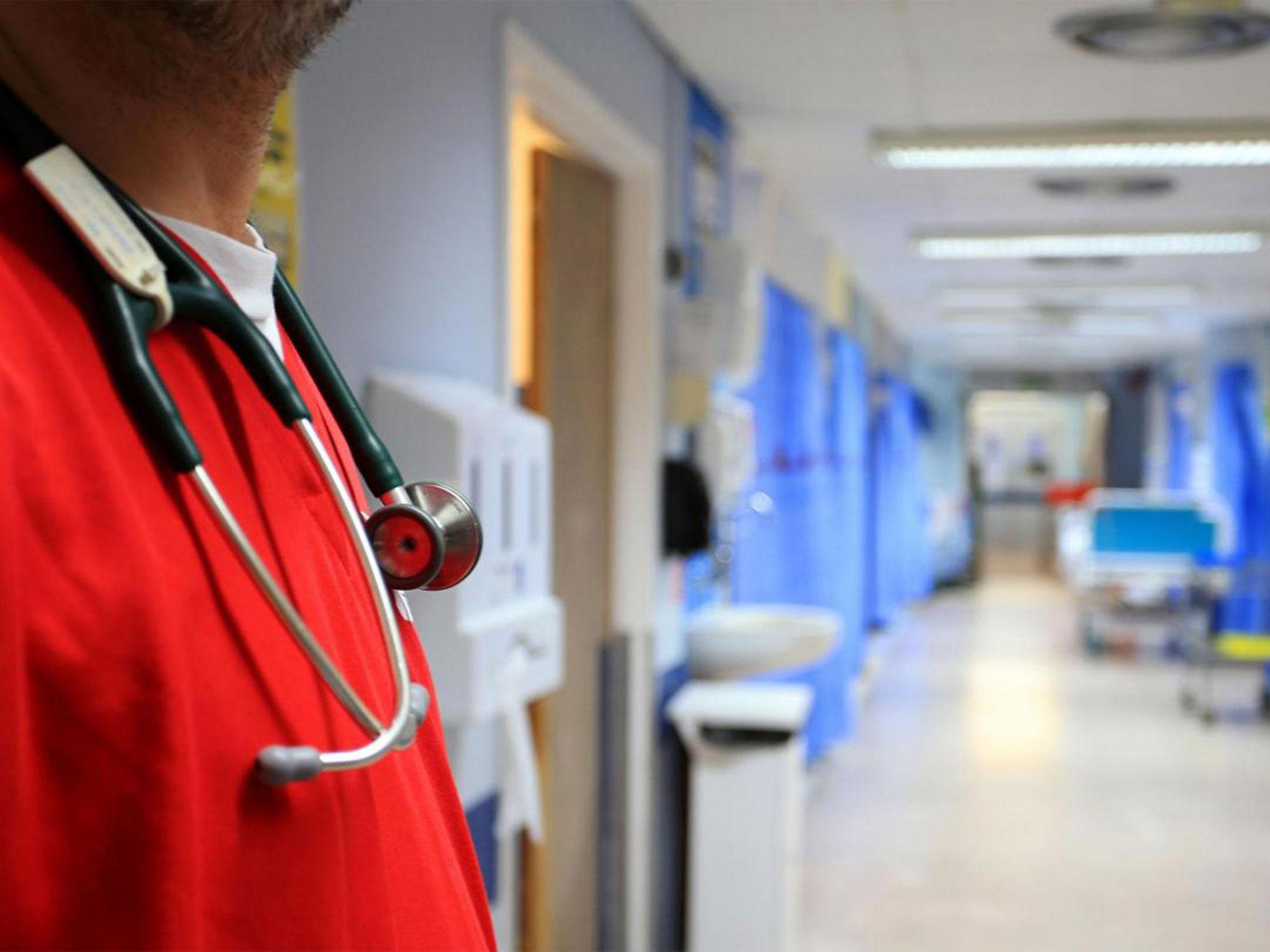Health care failures in poorer area cost NHS £4.8bn a year, study finds
‘It seems that people living in poorer areas, who are typically more likely to get sick, aren’t getting the same benefits from primary care as people living in richer areas’

Your support helps us to tell the story
From reproductive rights to climate change to Big Tech, The Independent is on the ground when the story is developing. Whether it's investigating the financials of Elon Musk's pro-Trump PAC or producing our latest documentary, 'The A Word', which shines a light on the American women fighting for reproductive rights, we know how important it is to parse out the facts from the messaging.
At such a critical moment in US history, we need reporters on the ground. Your donation allows us to keep sending journalists to speak to both sides of the story.
The Independent is trusted by Americans across the entire political spectrum. And unlike many other quality news outlets, we choose not to lock Americans out of our reporting and analysis with paywalls. We believe quality journalism should be available to everyone, paid for by those who can afford it.
Your support makes all the difference.Excess hospital admissions of people from poorer parts of England cost the NHS £4.8bn in a single year, according to new research.
An analysis by York university academics found there were 264,000 excess admissions from less well-off areas between April 2014 and April 2015.
The researchers said they had not found out the exact reasons behind the problem.
They said this was not necessarily the fault of the doctors, but could be a systemic problem or because poorer people were not going to their local surgery for some reason.
Miqdad Asaria, a research fellow at the university's Centre for Health Economics, worked with the NHS to try to find a solution to the problem.
Asked the reasons behind it, Mr Asaria told The Independent: “We haven’t found this yet, but it seems that people living in poorer areas, who are typically more likely to get sick, aren't getting the same benefits from primary care as people living in richer areas.
“This might be due to communication issues or even because poorer people find it more difficult to go to GP appointments.”
The figures, based on official NHS data, also found that Clinical Commissioning Groups (CCG) in poorer areas treated people worse on average than CCGs in richer areas.
Mr Asaria said some CCGs were “doing really well” but others “are doing much less well at tackling health inequalities”.
“Looking carefully at these results will allow the NHS to learn lessons about approaches that have worked to reduce inequalities and share these across all areas,” Mr Asaria said.
“At a time when the NHS budget is under a great deal of pressure our work shows that socio-economic inequalities in society are exacting a huge bill on the health service.
“In addition to the strong moral case for tackling the unjustifiable differences in health between the rich and the poor, there is also a strong financial case for doing so.
“As austerity really starts to bite, with public funding cuts targeted at those most vulnerable in our society, it is crucial that we do all we can to stop these cuts causing sickness and premature deaths.“
The analysis also ranked CCGs on their performance. One of the CCGs in the top 10 was Tower Hamlets in London.
A spokesperson for Tower Hamlets CCG said: “The CCG is committed to improving the health of everyone in our area and we recognise that some communities in our borough are at a higher risk of developing certain health issues.
“We have developed a number of programmes to tackle local preventable health issues, such as our cardiovascular and diabetes prevention programmes, which help people manage their conditions so avoiding the need for hospital treatment.
“We are pleased to see that our work has resulted in us being one of the best performing CCGs in the country at reducing health inequalities.”
The Independent has contacted NHS England for a comment.
Join our commenting forum
Join thought-provoking conversations, follow other Independent readers and see their replies
0Comments